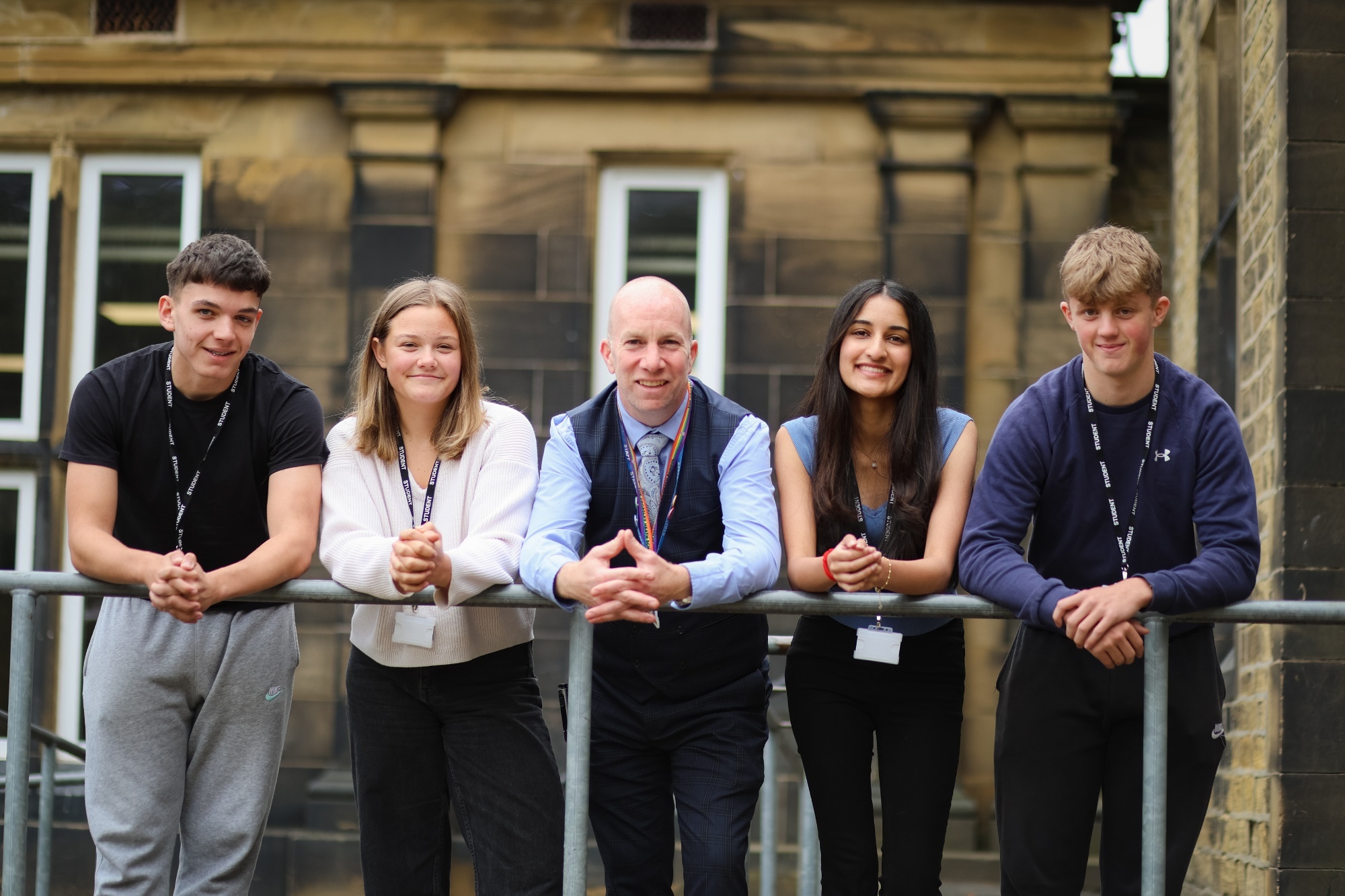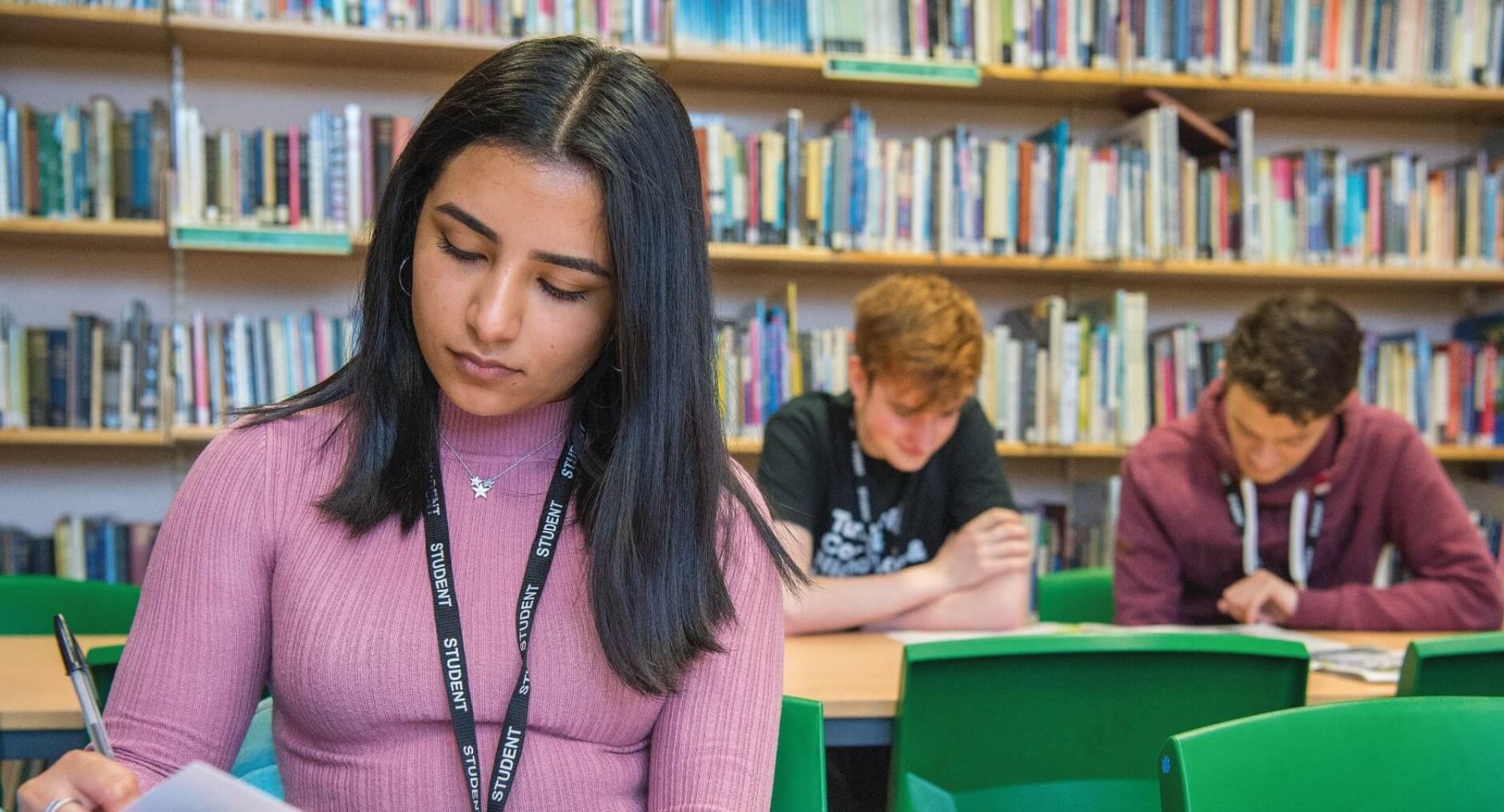PSHCE
By the end of key stage 5, many young people will leave home for the first time and live independently, possibly in distant locations. There is a balance throughout this Programme of Study between preparing students to manage their current lives and laying the foundations for managing future experiences. As students progress through the key stages, this balance shifts towards teaching related to young people’s current experiences. It is essential to provide a comprehensive PSHE education programme in key stage 5; this ensures students continue to learn about issues with real-life relevance to them, at a crucial transition point in their lives.
The learning opportunities at key stage 5 assume that students have already covered those in key stage 4. However, students entering key stage 5 from different feeder schools may bring a range of experience and understanding, so it may be appropriate to also draw on learning opportunities in key stage 4 when planning your curriculum. It is important to revisit and reinforce earlier learning through learning that ‘connects’ it to contexts that are relevant to this age group, such as the workplace.
This key stage represents the last opportunity to ensure that students have the knowledge and understanding, skills, strategies and attributes they need for independent living and the next stage in their education or career.












